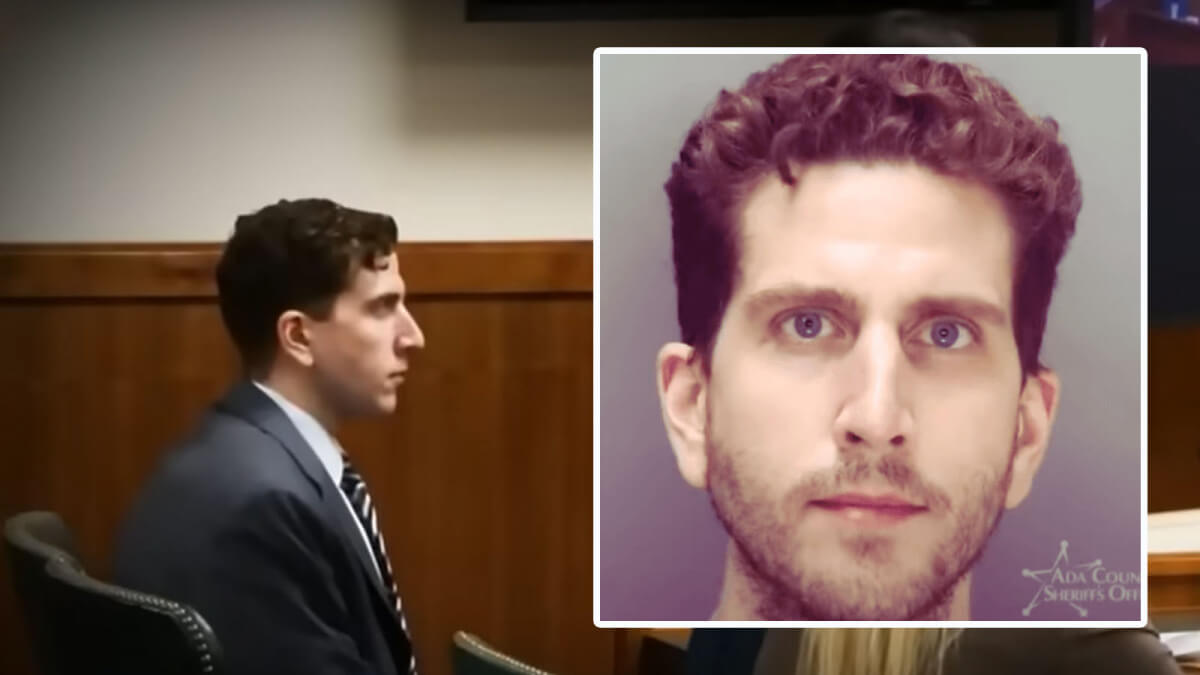The upcoming trial of Bryan Kohberger, accused of the grisly murders of four University of Idaho students, has been cast into turmoil following a leak of sensitive case details to the media. Presiding Judge Steven Hippler disclosed on Thursday that confidential information had been improperly disseminated to NBC’s Dateline program, an act that could severely hinder the selection of an unbiased jury.
In a stern court filing, Judge Hippler indicated a likely breach by someone with past or present ties to law enforcement or the prosecution team, who disregarded the court's non-dissemination order. This development introduces a serious complication to Kohberger’s trial, set for August, where he faces the death penalty if found guilty of the November 2022 slayings of Kaylee Goncalves, Madison Mogen, Xana Kernodle, and Ethan Chapin in their off-campus housing. Survivors Dylan Mortensen and Bethany Funke narrowly escaped the attack.
Judge Hippler expressed concern that such unauthorized leaks not only erode the rule of law but also impede the judicial process by making it more challenging to convene an impartial jury. Furthermore, the leak escalates the financial burden on taxpayers, as the jury selection, which begins privately on July 30, may now necessitate additional time and resources due to the heightened difficulty of finding unbiased jurors in a case that has deeply affected the local community.
In response to the leak, Judge Hippler has instituted a comprehensive investigation, mandating the preservation of all communications and records linked to the case for all officials involved. The preservation order extends to a broad spectrum of documents and communication logs, irrespective of whether they are contained on work or personal devices. The judge is specifically seeking details on who had access to surveillance footage of Kohberger, his phone records, social media profiles, and other pertinent evidence.
The controversial Dateline episode brought to light that Kohberger allegedly contacted his father three times on the morning after the homicides. It also described Kohberger's internet activity, which included searches related to serial killer Ted Bundy and viewing related television shows post the murders. Additionally, the program aired claims that Madison Mogen was the primary target, with the killer being reportedly surprised to find her friend Kernodle in the same bed.
Revelations continued as the program disclosed that Kohberger had collected numerous photos of female students from Washington State University and the University of Idaho, some from a pool party he attended, which included friends of the victims. Kohberger's cellphone was also reported to have connected to a tower near the crime scene multiple times over four months.
In light of these leaks, Judge Hippler has given authorities a week to draft and submit a strategic plan aimed at curtailing further unauthorized information disclosures in relation to this high-profile case. He cautioned that those responsible for the leaks could confront charges of contempt of court and additional criminal repercussions.





